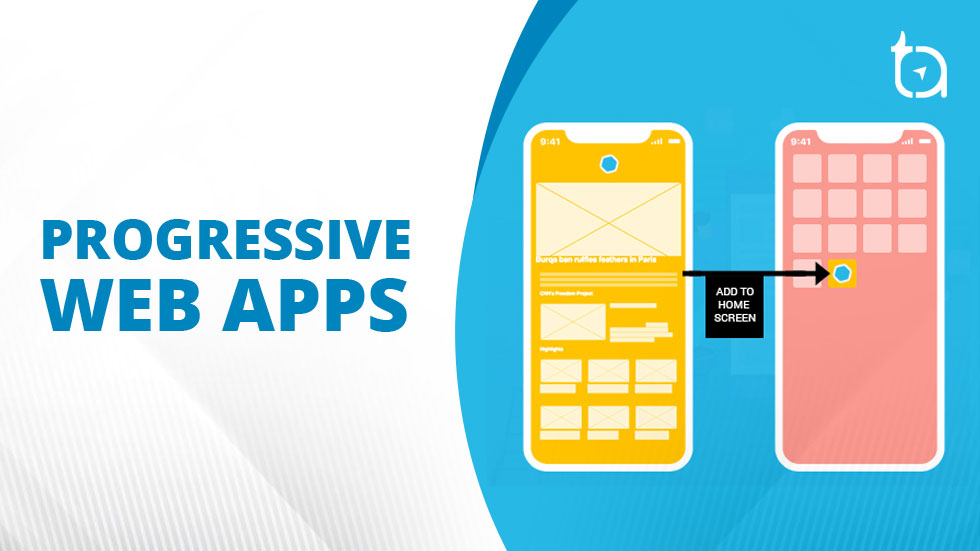Index Surge: Amplifying Your Insights
Stay updated with the latest trends and news across various industries.
Why Progressive Web Apps Are the Secret Sauce for Modern Websites
Unlock the potential of your website—discover why Progressive Web Apps are the game-changer you can't afford to miss!
Unlocking the Benefits: How Progressive Web Apps Transform User Experiences
Progressive Web Apps (PWAs) have revolutionized the way users interact with digital interfaces by providing a seamless and responsive experience across various devices. One of the most significant benefits of PWAs is their ability to offer fast loading times, ensuring that users receive immediate access to content without frustrating delays. This speed is achieved through techniques like caching and pre-loading, which enhance performance even in low-network conditions. Additionally, PWAs combine the best features of both web and mobile applications, allowing for easy re-engagement through push notifications, offline support, and a native app-like experience, resulting in improved user retention and engagement.
Furthermore, the cost-effectiveness of Progressive Web Apps cannot be overstated. Unlike traditional mobile applications that require separate development for different operating systems, PWAs are built using standard web technologies, making them easier and cheaper to develop and maintain. This streamlined approach not only accelerates the time to market but also simplifies updates and improvements. As businesses increasingly prioritize user experience, adopting PWAs can lead to higher conversion rates, greater accessibility, and an overall enhancement of the customer journey, positioning brands at the forefront of digital innovation.

Progressive Web Apps vs. Traditional Websites: Which Is Right for Your Business?
Progressive Web Apps (PWAs) and traditional websites each offer unique advantages for businesses looking to enhance their online presence. PWAs are designed to provide a more app-like experience, offering features such as offline access, push notifications, and faster load times, which can significantly increase user engagement. On the other hand, traditional websites are typically well-understood by users and can be more straightforward to implement. The choice between the two often depends on your business needs, target audience, and the specific functionalities you wish to provide.
When considering which option is right for your business, it’s crucial to evaluate factors like your budget, development resources, and the level of interactivity your users expect. For example, if your business relies heavily on user interaction and quick access to information, a PWA might be the better choice. However, if you're focused on delivering content that doesn't require extensive user engagement, a traditional website could suffice. Ultimately, careful consideration of these elements will guide you in making an informed decision.
The Future of Web Development: Why You Can't Afford to Ignore Progressive Web Apps
The future of web development is rapidly evolving, and Progressive Web Apps (PWAs) are at the forefront of this transformation. Unlike traditional web applications, PWAs combine the best of both web and mobile apps, offering a seamless user experience that is fast, responsive, and engaging. By leveraging modern web technologies, PWAs can work offline, send push notifications, and load quickly, even on flaky networks. As more users rely on mobile devices for their online interactions, adopting PWAs can significantly enhance user satisfaction and retention.
Inevitably, the question arises: why can't you afford to ignore Progressive Web Apps? The answer lies in their potential to boost your business's visibility and reach. According to statistics, PWAs can improve conversion rates by up to 30%, facilitating an increase in user engagement and driving sales. Additionally, with Google favoring sites that provide great user experiences, embracing PWAs can also enhance your search engine optimization (SEO) efforts. In a digital landscape where user experience is paramount, investing in Progressive Web Apps is not just a trend—it's a necessity for staying competitive.